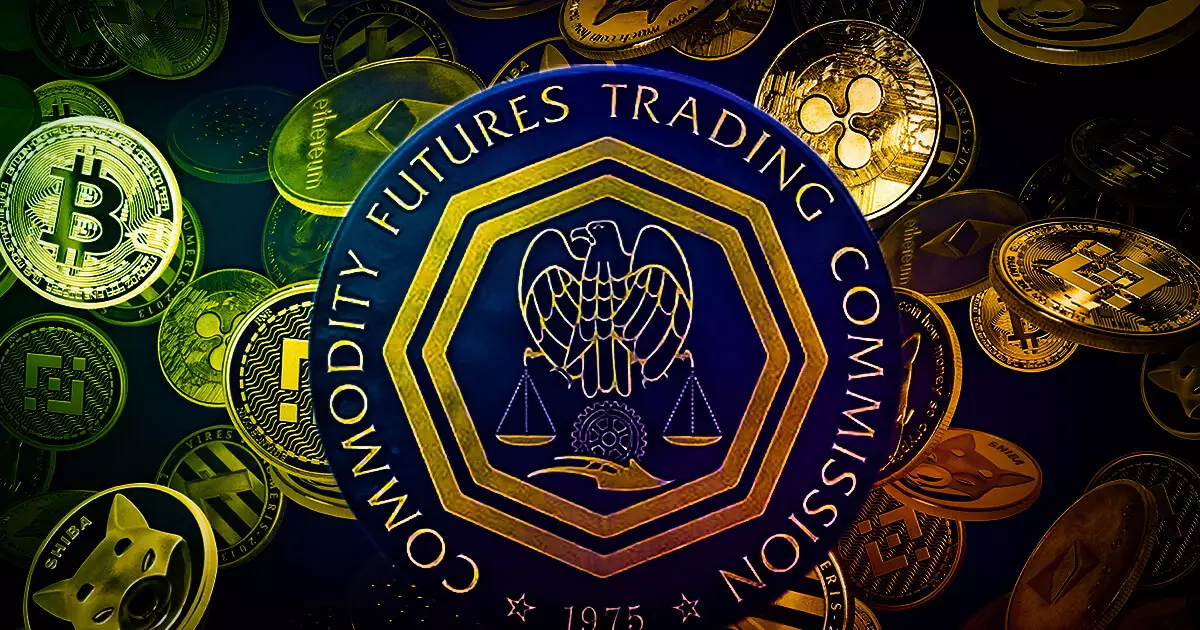In a significant legal development, the United States Court of Appeals for the District of Columbia Circuit has affirmed the legality of prediction markets that enable betting on U.S. elections. This ruling on October 2 marked a decisive moment for prediction market Kalshi, which had been trapped in a legal battle with the U.S. Commodity Futures Trading Commission (CFTC). The court’s rejection of the CFTC’s request for an administrative stay signifies a pivotal shift in the regulatory environment surrounding these markets. By failing to persuade the court that the public would face irreparable harm from election-based contracts, the CFTC has encountered a setback that could redefine the scope of lawful betting on political events.
The implications of this ruling extend beyond just Kalshi, facilitating a pathway for other prediction markets focused on electoral outcomes. Kalshi’s founder, Tarek Mansour, expressed his relief and excitement on social media, proclaiming the legality of U.S. presidential election markets. This milestone allows Kalshi to resume offering contracts tied to election events, representing a notable victory for advocates of prediction markets who argue for a more open and competitive marketplace. However, it’s crucial to note that the Circuit judges left room for potential future interventions by the CFTC, should new evidence emerge that raises concerns about public harm.
The narrative surrounding prediction markets has not emerged without controversy. Just weeks prior to the appellate ruling, the CFTC had barred Kalshi from providing contracts related to political affairs, asserting that elections should not fall under the realm of profit-driven enterprises. This view was echoed by several U.S. lawmakers, including prominent figures like Senators Elizabeth Warren and Sheldon Whitehouse, who demanded stricter oversight of these platforms. They contended that allowing betting on elections could undermine public trust in the electoral process. Contrastingly, Representative Richie Torres advocated for a healthier regulatory framework rather than outright prohibition, suggesting an alternative approach to superintend prediction markets.
As the dust settles from this legal battle, the future of prediction markets appears to have a promising horizon, particularly for crypto-enthusiasts who have developed alternative prediction platforms such as BET and Polymarket. The court’s ruling may embolden these platforms to navigate the complex regulatory landscape with greater confidence. The precedent established by the D.C. Circuit could foster an atmosphere of innovation while ensuring that the integrity of elections remains safeguarded.
The recent ruling by the Court of Appeals presents an essential turning point for the landscape of U.S. elections prediction markets, poised to navigate a complex interplay of legality, ethical considerations, and political implications. As stakeholders in both the regulatory and betting arenas adjust to this new reality, the balance between freedom of market expression and the sanctity of democracy remains a topic ripe for further exploration and debate.

